Vietnam Electricity (EVN) has just shared with Dan Tri newspaper reporters about people's questions surrounding the procedures for installing self-generating and self-consuming rooftop solar power. Previously, people said that installing rooftop solar power requires notification or registration with the electricity unit.
Some people think that EVN is "playing with words" when asking people to notify but in fact they need to ask for permission to install with procedures as difficult as going to heaven. Others wonder if after sending the installation notice, they can proceed with the installation immediately or have to wait for written approval from EVN.
Households only need to notify, no permission is required.
Responding to this issue, EVN representative said that Decree 58/2025 has specific regulations on subjects with the obligation to notify development in Articles 12 and 15.
These subjects include organizations and individuals developing self-produced and self-consumed rooftop solar power sources that are not connected to the national power system; households installing a capacity of less than 100kW and connecting to the national power system; organizations and individuals installing a capacity of less than 1,000kW that are connected to the power system and do not sell excess electricity output.
Subjects of development registration are specified in Article 16, including organizations and individuals installing self-produced and self-consumed rooftop solar power connected to the national power system, including: Organizations and individuals installing systems with a capacity of 1,000kW or more; organizations and individuals installing less than 1,000kW, not selling surplus electricity but needing to apply for a Development Registration Certificate; organizations and individuals installing less than 1,000kW and registering to sell surplus electricity to the grid.
Subjects not required to register for development include households installing systems under 100kW on the roofs of individual houses; projects in mountainous, border, and island areas that are not yet supplied with electricity from the national power system.

Self-generating and self-consuming rooftop solar power system of a household in Ho Chi Minh City (Photo: Nhat Quang).
"Decree 58 also clearly stipulates the responsibilities of agencies and units. Accordingly, state management agencies and electricity units are responsible for guiding organizations and individuals to send notifications to comply with specialized laws when organizations and individuals request," said an EVN representative.
According to this person, sending notifications or registering for development has two basic purposes: to comply with legal regulations in developing rooftop solar power sources in terms of investment, construction, environmental protection, fire prevention and fighting and other relevant legal regulations.
At the same time, ensure that the State management agency performs well in management, issues policies in line with development practices to help the power unit manage and operate the power system safely and effectively. This includes calculating and forecasting load demand and developing appropriate operating plans.
EVN representative confirmed that the information that installing rooftop solar power for self-production and self-consumption requires written approval from EVN is completely false. Notification or registration of rooftop solar power is not a procedure that requires permission.
"Organizations and individuals who want to install rooftop solar power for their own use can do so on their own initiative. However, notifying the competent authority of some information related to the installed rooftop solar power system is a necessary condition for the stable operation of the power system," said a business representative.
People complain about "sky-high" procedures, what does EVN say?
In response to reports that the procedures for installing rooftop solar power in many localities are very complicated, with some even saying that the procedures are "sky-high", causing difficulties and wasting time, an EVN representative said that they have received feedback from people and businesses.
"The number of electricity retailers nationwide is currently more than 734 units, including electricity retailers in industrial parks. When investors want to build and install rooftop solar power systems for self-production and self-consumption, they are stuck with electricity sellers because these units are not part of EVN, so sometimes it causes difficulties," said a representative of this group.
Enterprises said that this is an issue that Decree 58 has also mentioned, it is necessary to create conditions for people and businesses to develop rooftop solar power. However, in reality, there are still things that hinder the development of solar power systems, self-produced and self-consumed rooftop solar power.
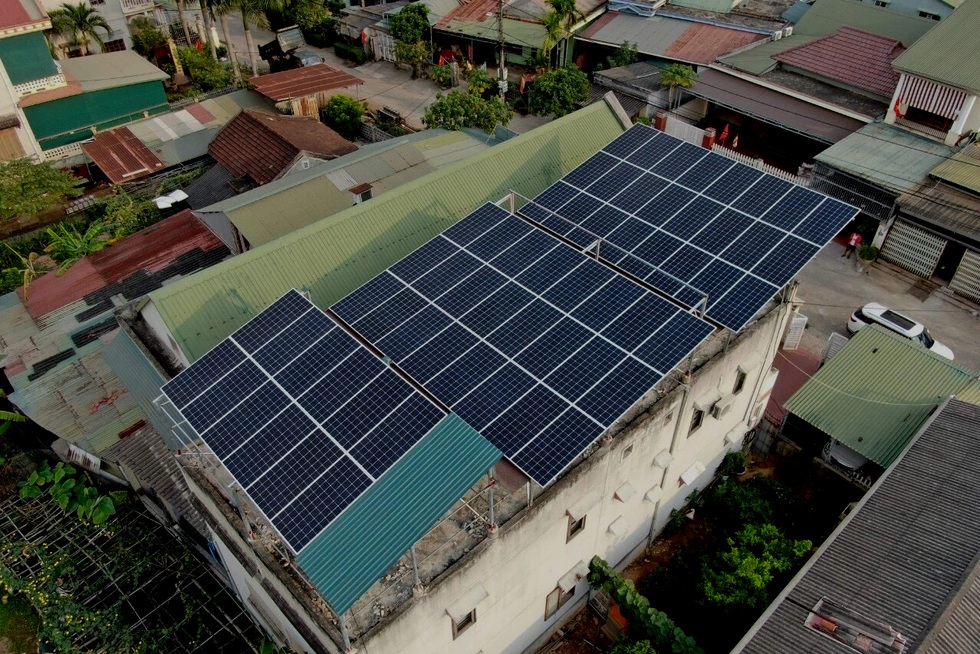
Solar power system of a household in Quang Tri (Photo: EVN).
"Therefore, EVN has also proposed and recommended that there must be a mechanism to force electricity sellers not to obstruct, create difficulties, or prevent businesses from installing rooftop solar power for self-production and self-consumption," he affirmed.
EVN representative said that according to Decree 58/2025 guiding the Electricity Law on the development of renewable energy and new energy, it is stipulated that when people and businesses install rooftop solar power systems, whether connected to the grid or not, they must notify/register with the authorities.
Many shortcomings in information updating and data coordination
However, the representative of this group said that the implementation practice also revealed many shortcomings. Specifically, rooftop solar power is associated with strict technical requirements in grid operation. When building a power supply plan, whether long-term or short-term, the group said it is based on two basic factors, which are load forecast and source preparation plan.
"If we do not have a firm grasp of the amount of rooftop solar power participating in the system, the load forecast will be inaccurate. At that time, during times when there is no sunlight, the grid will be forced to bear the entire load, leading to the risk of not being prepared for the source, causing pressure on the transmission, distribution and low voltage stages. This can lead to negative consequences for the safe and stable operation of the power system," the business representative shared.
Another major difficulty is the data problem. Although the installed rooftop solar capacity has reached about 1,300 MW since 2020, the number of people and businesses proactively reporting to EVN is very limited.
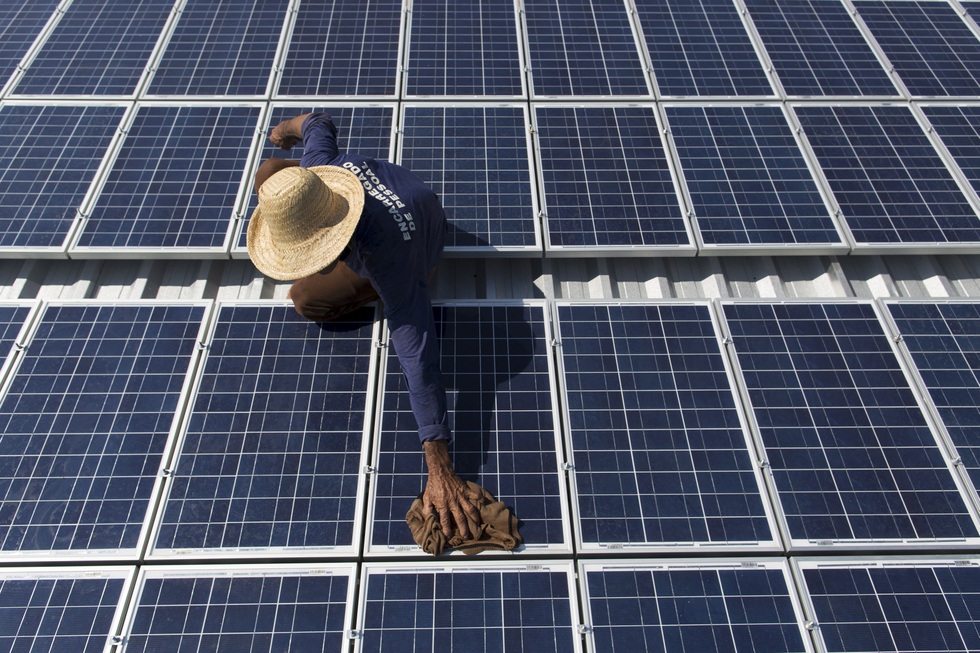
Workers clean solar panels (Photo: Reuters).
"In fact, most of the data we have is from our own surveys and collection, and we have not yet established a mechanism for regular reporting and updating from the people. As a result, the statistics are not synchronized and inaccurate, directly affecting load forecasting and ensuring supply," said an EVN representative.
Enterprises assess that the policy to encourage the development of rooftop solar power under Decree 58 is the right step, bringing many benefits. However, to ensure maximum effectiveness of the implementation, it is necessary to overcome shortcomings in the information updating and data coordination between people, businesses and EVN.
"Only then can the national power system operate safely, transparently, sustainably, and at the same time exploit the full potential of on-site renewable energy sources," a representative of Vietnam Electricity Group emphasized.
Source: https://dantri.com.vn/kinh-doanh/dan-lap-dien-mat-troi-tu-dung-evn-noi-can-thong-bao-khong-phai-xin-phep-20251016122631628.htm



![[Photo] Conference of the Government Party Committee Standing Committee and the National Assembly Party Committee Standing Committee on the 10th Session, 15th National Assembly](https://vphoto.vietnam.vn/thumb/1200x675/vietnam/resource/IMAGE/2025/10/15/1760543205375_dsc-7128-jpg.webp)
![[Photo] General Secretary To Lam attends the 18th Hanoi Party Congress, term 2025-2030](https://vphoto.vietnam.vn/thumb/1200x675/vietnam/resource/IMAGE/2025/10/16/1760581023342_cover-0367-jpg.webp)



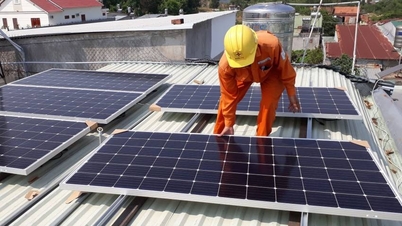

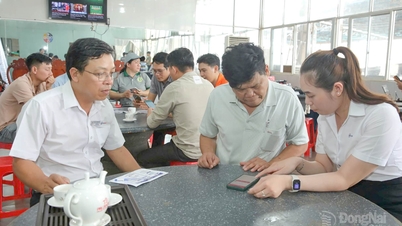

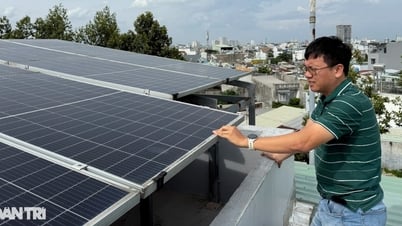


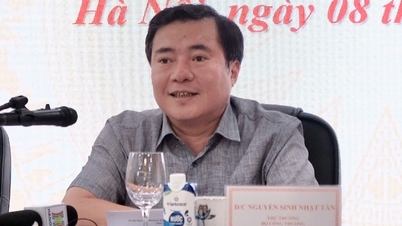
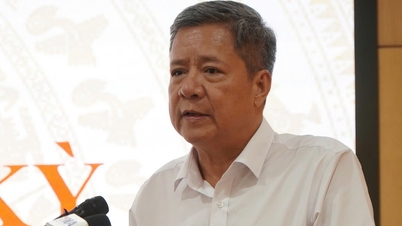


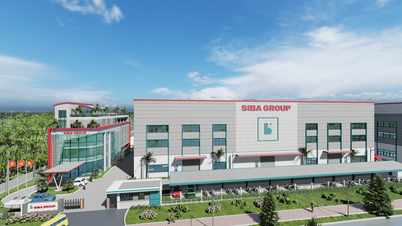

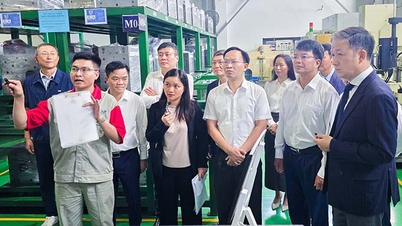










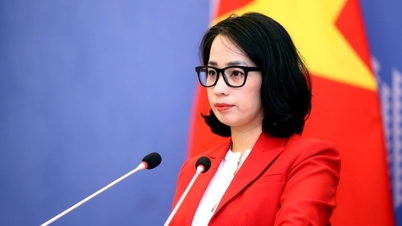

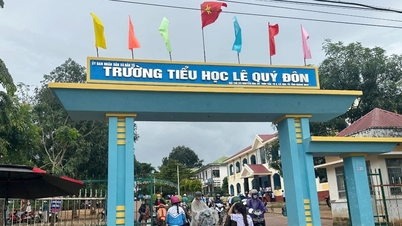

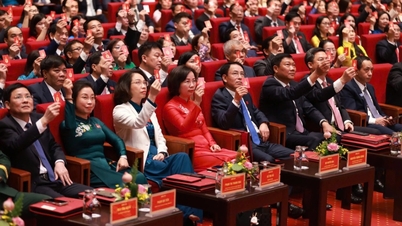
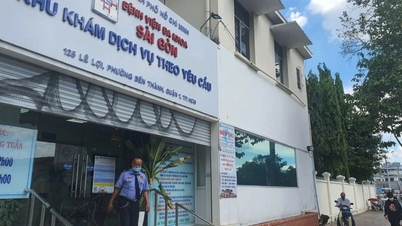







![[Video] TripAdvisor honors many famous attractions of Ninh Binh](https://vphoto.vietnam.vn/thumb/402x226/vietnam/resource/IMAGE/2025/10/16/1760574721908_vinh-danh-ninh-binh-7368-jpg.webp)




























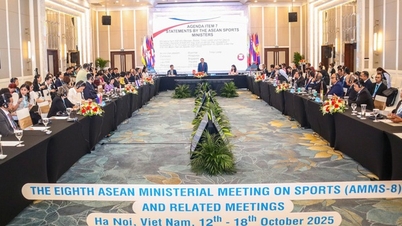



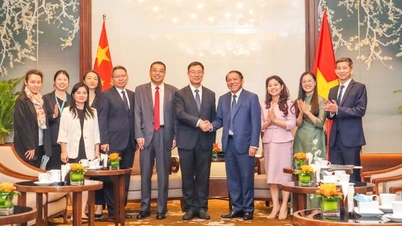
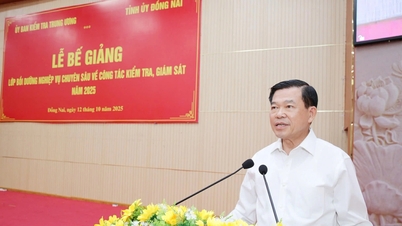



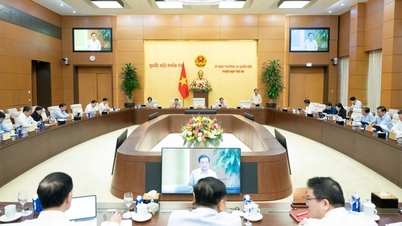
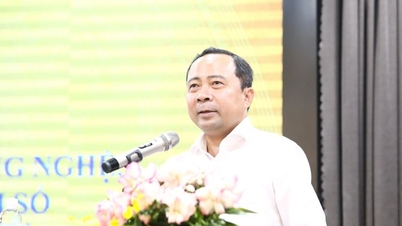



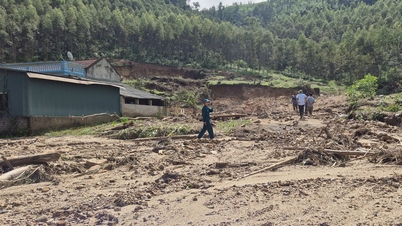



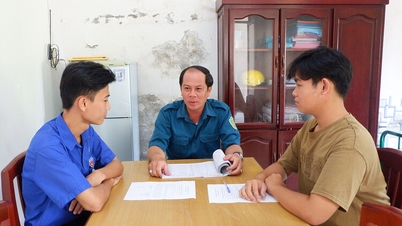
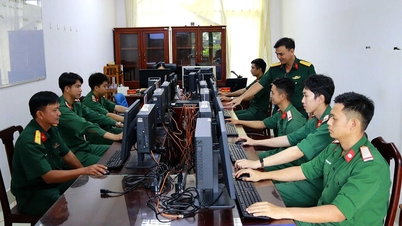












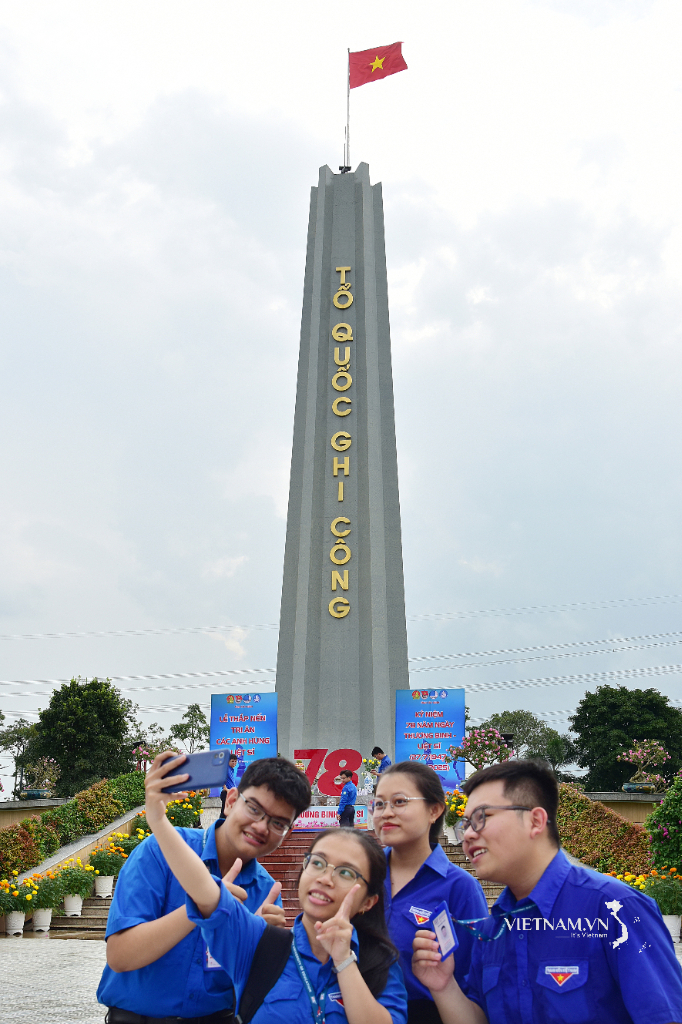

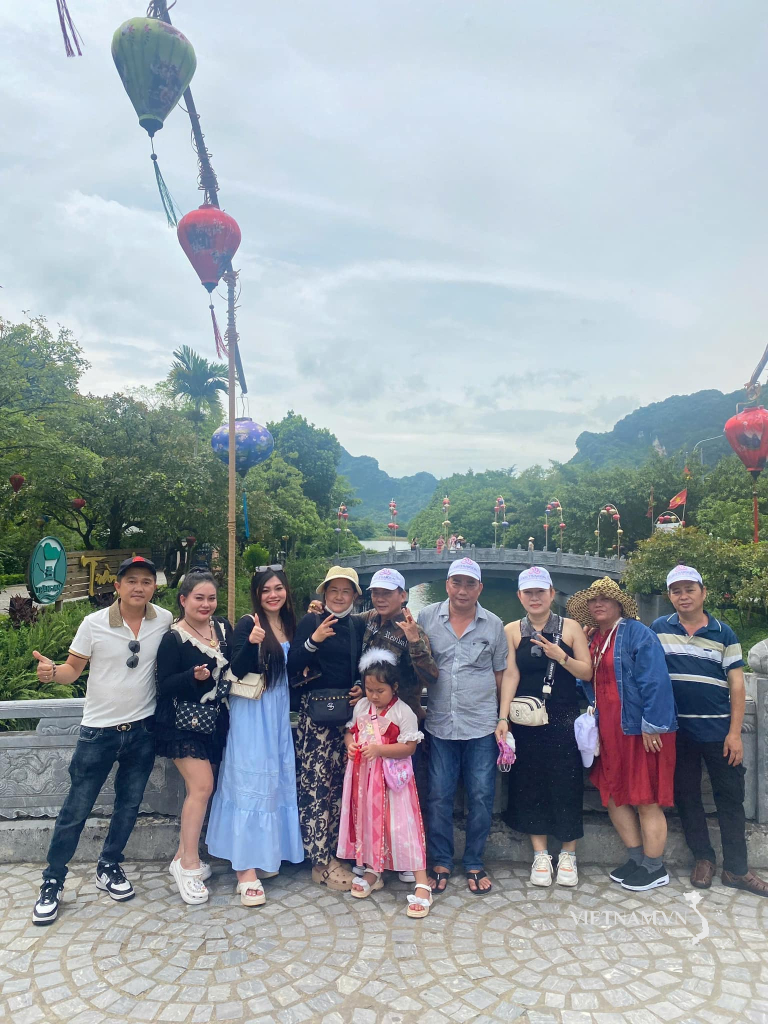
Comment (0)